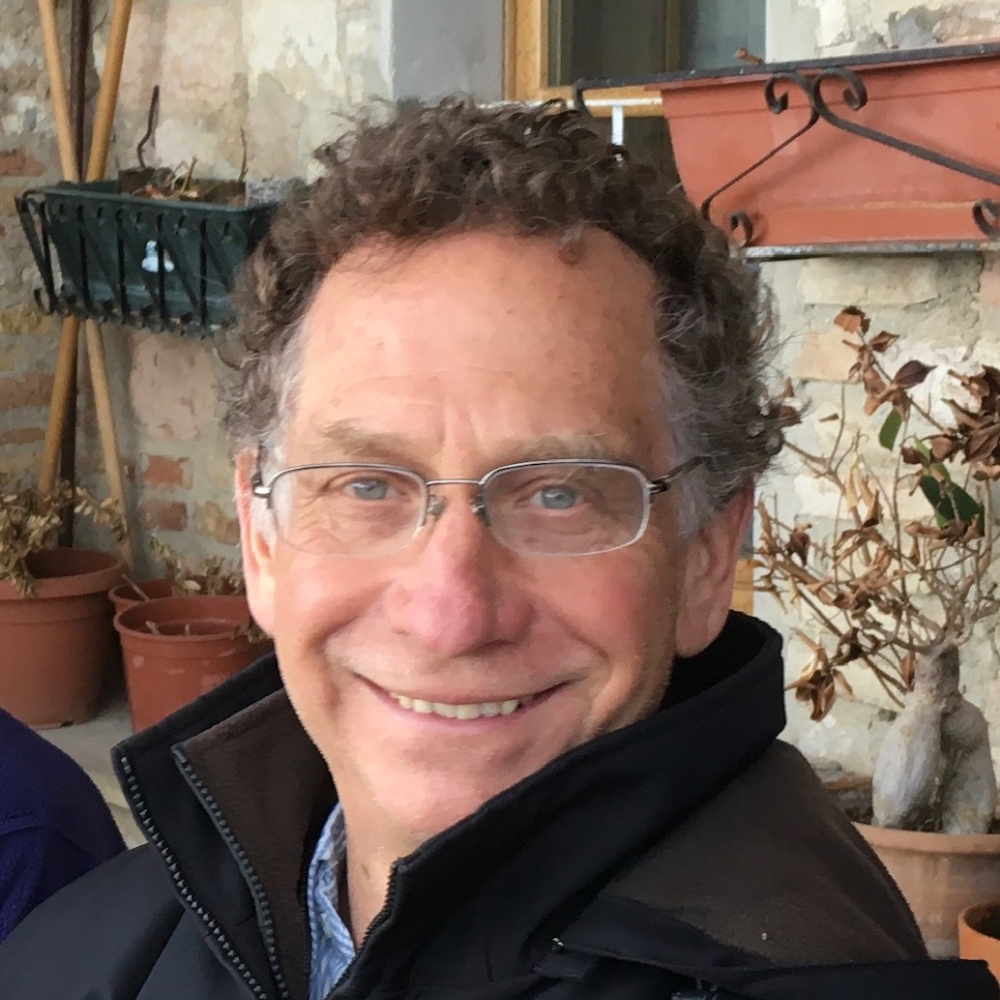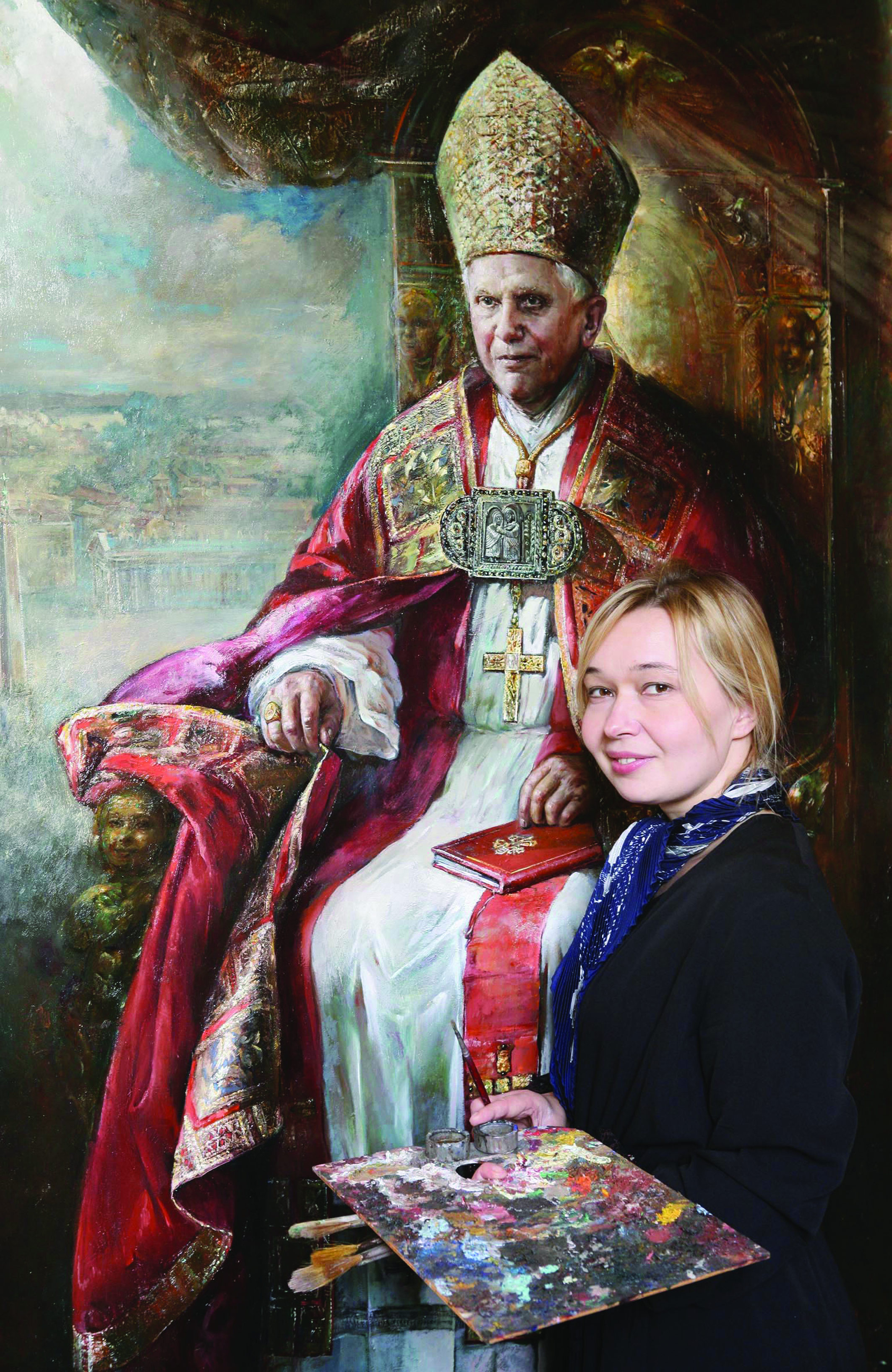The Synod on the Family has come and gone — and yet it continues. We are all weighing what happened, and what will happen in 2015. But what is truly at stake? The words of a recently-deceased theologian may help us to see the essential.
“Our task is not a cultural battle as such, even if others see it that way and struggle against us and we must resist. Our task is to build the Church.” ― Monsignor Lorenzo Albacete (photo), US National Director of the ecclesial movement Communion and Liberation. Albacete died on October 24 in Chesapeake, Maryland, USA, at the age of 73
Pope Francis is not done. No, not by a long shot. A month after closing an October 5-19 Synod of Bishops on the family, Pope Francis will host an interreligious conference at the Vatican dedicated to traditional marriage. The November 17-19 conference, “An International Interreligious Colloquium on the Complementarity of Man and Woman,” will feature about 30 speakers from 23 countries and 14 religions. The conference will include American Southern Baptist ethicist Russell Moore, Archbishop Charles Chaput of Philadelphia, and the Rev. Rick Warren, senior pastor of Saddleback Church in California. It will include Wael Farouq, a Muslim and president of the Tawasul Cultural Center in Cairo; Henry B. Eyring, a top-ranking apostle in the Church of Jesus Christ of Latter-day Saints; and Manmohan Singh of the World Sikh Council. Other notable speakers will include Lord Jonathan Sacks, former chief rabbi of Great Britain, and Anglican Bishops N.T. Wright and Michael Nazir-Ali. Pope Francis will address the conference and preside over its first morning session on November 17, following remarks by Cardinal Gerhard Mueller, Prefect of the Congregation for the Doctrine of the Faith. (The conference was an initiative of Cardinal Mueller, who proposed it to Pope Francis in November 2013, according to Helen Alvare, a professor at George Mason University School of Law in Virginia, who is handling press relations for the event.)
The conference will “examine and propose anew the beauty of the relationship between the man and the woman, in order to support and reinvigorate marriage and family life for the flourishing of human society.” Clearly, Francis feels that the modern rejection of the traditional family is an issue of central importance, so much so that he is willing to risk confusion, dissension, and much criticism in order to pursue and find ways to build an alliance to accomplish two goals:
(1) to defend the traditional family in keeping with perennial Church doctrine, while at the same time
(2) doing as much as possible on the pastoral level to heal the wounds of those suffering due to the consequences of human sin and weakness. Pope Francis, in his final address to the Synod on October 19, made very clear that he understands the problems and the pitfalls of what he is attempting to do (see pp. 38-39 in this issue).
He recognizes that the desire to defend traditional doctrine can lead to a type of “rigorism” and “legalism” which places heavy burdens on consciences. This is why he said there is a temptation in the Church to “hostile inflexibility, that is, wanting to close oneself within the written word (the letter), and not allowing oneself to be surprised by God, by the God of surprises (the spirit)… From the time of Christ, it is the temptation of the zealous, of the scrupulous, of the solicitous and of the so-called — today — ‘traditionalists’ and also of the intellectuals.” Pretty strong words!
Yet, Francis also recognizes — and this is important — that the desire to relieve burdens can lead to a willingness to alter the truth about man, truth without which men and women cannot find their way to true happiness. And this is why Francis also mentioned “the temptation to a destructive tendency to goodness [It. buonismo], that in the name of a deceptive mercy binds the wounds without first curing them and treating them; that treats the symptoms and not the causes and the roots. It is the temptation of the ‘do-gooders,’ of the fearful, and also of the so-called ‘progressives and liberals.’” Again, pretty strong words!
Francis is seeing the situation clearly. He is also receiving regular advice from Emeritus Pope Benedict — meaning there is no “division” between the former Pope and the present Pope. Francis is allowing this debate because he is persuaded it is essential, that it is essential for the Church.
In this context, I would like to remember Monsignor Lorenzo Albacete, who died on October 24.
In his funeral homily for Albacete on October 28, his close friend Cardinal Sean O’Malley, O.F.M., Archbishop of Boston, noted the important thing: that despite Albacete’s “zany wit, his unkept appearance, his disorganized life, his financial problems, his phobias and his eccentricities,” he was, “as Erasmus said of Thomas More: ‘made and born for friendship.’”
O’Malley continued: “What a capacity for unconditional love! He made everyone feel at home; you knew that you were with a friend.”
And O’Malley cited a phrase from St. John of the Cross: “At the end of our life we will be judged only by how much we loved.”
A capacity for love, compassion, empathy, O’Malley said, “made Albacete a great friend and a great priest, because the goodness of the Good Shepherd could be glimpsed in his goodness.”
And this same goodness is what the world glimpses in Pope Francis. This goodness, the goodness of the Good Shepherd, is what the faithful can count on as Francis continues on his path, which may well become a via crucis before the end.
But it is a path which will build the Church. It is a path which will extend the love of Christ to all — Christ’s forgiveness, Christ’s pardon — with the final goal being the salvation of souls, which is, yes, the supreme law of the Church.
That is what Francis is about, and that is why he needs the support, and prayers, of all of us.
Fr. Luigi Giussani once said: “The Church is mystery… We must only be concerned about announcing Christ, so as to bring together men and women in the name of Christ and confront history together with them. A great network of relationships is born from this, and its ‘successes’ or human failures are in the hands of the Father. Let God sort it out Himself. It is not for us to judge if someone does or does not respond to the call of Christ. We must simply exalt the Church.”
May the soul of Lorenzo Albacete rest in peace. And may the faithful pray for the difficult but necessary mission of Pope Francis.





Facebook Comments